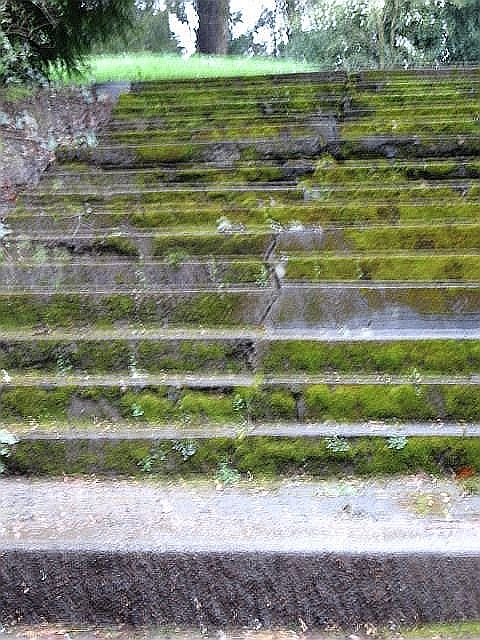What follows is an essay that I wrote for a class on the culture and peoples of the Caribbean.
Looking at it now, I see a few problems with it, send me yours. I'm really interested now in becoming a better writer. I'm also feeling my shortcomings in theory and analyses......
Posted by CEB
What is the problem with Caribbean history? Discuss why many people in the Caribbean find their region's history troubling. How has this history led to distinct views on the meaning of "race" in the Caribbean? How has it shaped attitudes toward religion and toward political life?
The problem with Caribbean history is that it is rife with bloodshed and violence. Each country in the region possesses their own variation on that history, but they are united under the themes of colonialism, slavery and genocide. Columbus, a man who in most European countries and the United States is still revered as a hero, retains a very different reputation in the Caribbean. In the Dominican Republic some still believe that uttering his name will invite bad luck (Kurlansky 1993:3). One can imagine the feelings of alienation suffered by a region that still have ingrained within their societal structure sentiments of their colonial past, when the rest of the world appears to live in denial of the wicked truth of European colonization. Only relatively recently, when colonies gained independence, were they able to teach their own history and not that of their colonizing country. But which history? Slaves were brought from all over Africa, each with their own cultures, their own practices and traditions. The mixing of many cultures in the Caribbean has produced what can be described as a sort of pieced together culture in which many groups joined to produce a separate entity, "…the creation and construction of culture out of fragmented, violent and disjunct pasts". (Mintz 1996:302)
The emotional repercussions of slavery still have a place in the minds of young Caribbeans today. As one elderly man in Gmelch's The Parish Behind God's Back put it, "They amazed to hear we once worked for a penny a day. But they embarrassed too. They don't like to hear how bad thing's was—about the chiggers and lice." (2001:120)
While "racial" distinction is no doubt still a social reality, people seem to distinguish each other more on the basis of language, religion and class (Beriss: Class Notes). Generally, formerly Spanish colonies have had different views on race than formerly French, British or Dutch colonies. The Dominican Republic has long valued their "mulattos", while Cuba, having the highest population of whites in the region, actively emphasizes the "blackness" of their culture. In Haiti, however, race is distinguished more by language rather than skin color. History has obviously had a heavy hand in creating social structure throughout the Caribbean, politics and religion being part of that structure. In general, religious practices brought to the Caribbean by slaves were banned and eventually they were rigorously converted to Western religions. African slaves cleverly managed to retain some of their practices and it is the meshing of traditional African with Christian rites that has produced a similarly fragmented religious picture throughout the region. In the political realm, the Caribbean still seems to be struggling with racial inequalities, varying throughout the region. Kurlansky cites a prevailing attitude about the relation of skin color to political prowess: " The notion still lingers in many Caribbean minds that an elected representative is someone who gets you money and because the lighter the skin, the closer the person is thought to be to the money, poor blacks want to be represented by light-skinned people (1993:44). Even the ideals of democracy of freedom have been relatively trying issues, their meanings being called into question throughout the islands.
References
Gmelch, George and Sharon Bohn Gmelch. 2001 The Parish Behind Gods Back: The Changing Culture of Rural Barbados. Long Grove, Illinois: Waveland Press
Henke, Holger. 2001 Freedom Ossified: Political Culture and the Public Use of History in Jamaica. Identities. 8(3): 413-440
Hoetink, H. 1985. "Race and Color in the Caribbean. Mintz, Sidney and Sally Price, eds. Caribbean Contours. Baltimore: The Johns Hopkins University Press. Pp55-84
Kurlansky, Mark. 1993 A Continent of Islands: Searching for the Caribbean Destiny. New York: Addison-Wesley
Mintz, Sidney. 1996. Enduring Substance, Trying Theories: The Caribbean Region as Oikoumene. Journal of the Royal Anthropological Institute 2(2): 289-311
Wednesday, July 19, 2006
Subscribe to:
Comments (Atom)



